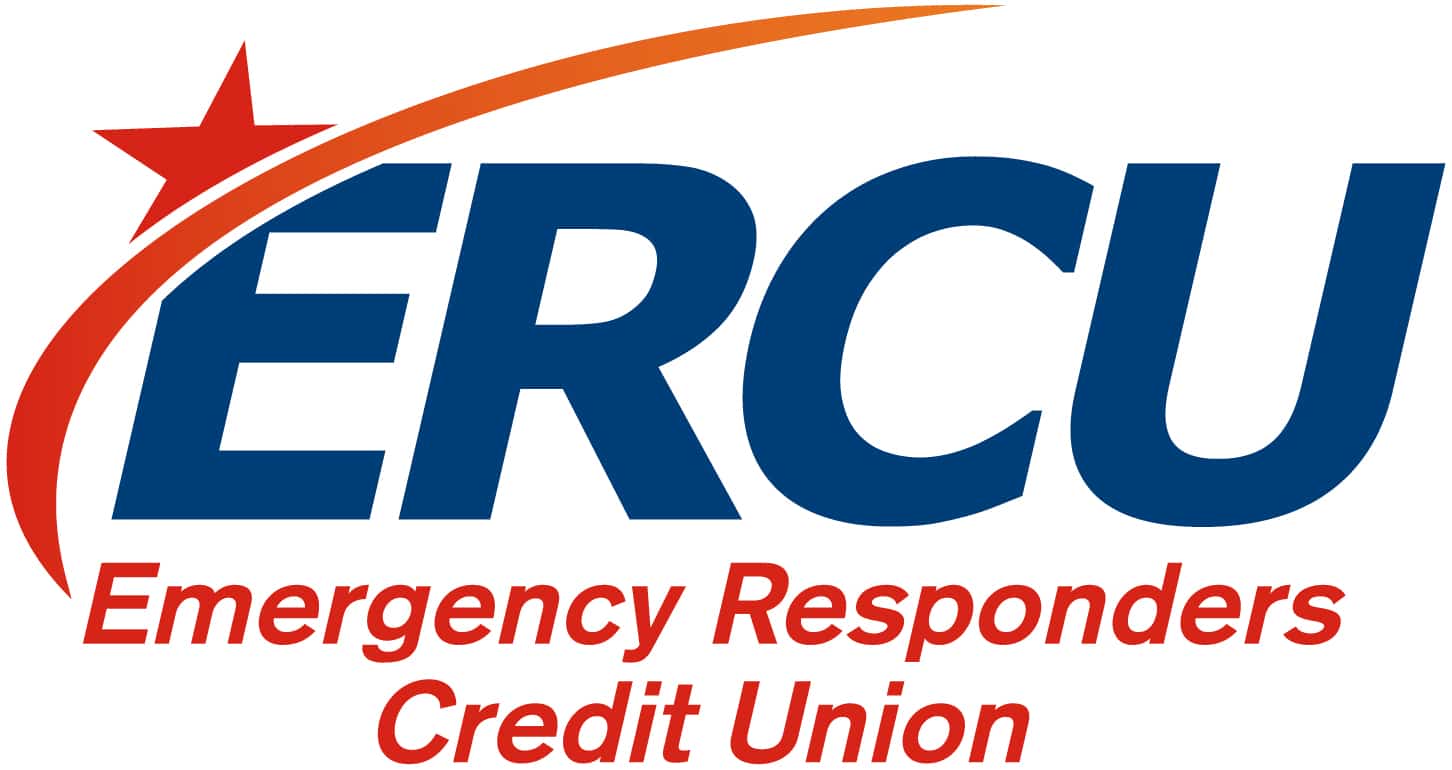How do CD’s work at a Credit Union?

Understanding the Mechanics of Certificates of Deposit (CDs) at Credit Unions
In the realm of financial instruments, Certificates of Deposit (CDs) stand as a popular choice for individuals seeking a secure and predictable way to grow their savings. Credit Unions, often regarded as community-oriented financial institutions, offer CDs as an avenue for their members to earn interest while enjoying a measure of stability. But how do these CDs work within the context of a Credit Union? This article aims to delve into the mechanics behind CDs at Credit Unions, shedding light on their benefits, features, and considerations.
What is a Certificate of Deposit (CD)?
At its core, a Certificate of Deposit is a time-based deposit account offered by financial institutions, including Credit Unions. It serves as a savings vehicle for individuals who want to earn interest on their funds over a fixed period, known as the CD’s term. CDs are distinct from regular savings accounts in that they generally offer higher interest rates due to the longer commitment period required from the account holder.
CDs and Credit Unions: A Synergistic Relationship
Credit Unions, known for their member-focused approach, offer CDs as part of their diverse range of financial products. These institutions are often community-oriented, meaning that their services are tailored to the needs of the members they serve. CDs, in this context, offer a secure and dependable way for Credit Union members to accrue interest on their savings while contributing to the Credit Union’s lending activities.
Working Mechanism of CDs at Credit Unions
- Term Selection: When opening a CD account at a Credit Union, members are presented with various term options. These terms can range from a few months to several years, with longer terms typically offering higher interest rates.
- Initial Deposit: Members are required to make an initial deposit into the CD account. This amount, which varies among Credit Unions, determines the interest rate the member will earn throughout the CD’s term.
- Fixed Interest Rate: Unlike savings accounts with variable interest rates, CDs offer a fixed interest rate. This rate remains constant throughout the CD’s term, ensuring predictability for the account holder.
- Early Withdrawal Penalties: One crucial aspect of CDs is their fixed commitment period. If a member decides to withdraw funds before the CD’s term is complete, they may incur penalties, such as the forfeiture of a portion of the interest earned or even a percentage of the principal amount.
- Interest Accrual: Interest on CDs is typically compounded at regular intervals, such as annually or semi-annually. This compounding effect helps the account holder earn interest on both the principal amount and any previously accrued interest.
- Maturity and Options: Once the CD’s term reaches maturity, members have several options. They can choose to withdraw the funds, roll over the amount into a new CD with a similar or different term, or use the funds for other financial needs.
Benefits and Considerations
Benefits:
- Security: CDs are considered low-risk investments, particularly when offered by reputable Credit Unions. The Federal Deposit Insurance Corporation (FDIC) provides insurance coverage for deposits up to a certain limit, further enhancing their security.
- Predictable Earnings: With a fixed interest rate and predetermined term, members can accurately forecast their earnings from the CD.
- Diversification: CDs can serve as a stable component of a diversified investment portfolio.
Considerations:
- Liquidity: Unlike regular savings accounts, CDs tie up funds for the duration of the term. Early withdrawals can result in penalties.
- Interest Rates: While generally higher than savings accounts, CD interest rates may not keep pace with inflation, potentially affecting real returns.
- Opportunity Cost: Funds invested in CDs might miss out on higher potential returns from riskier investment options.
In Conclusion
Certificates of Deposit offered by Credit Unions provide a secure and reliable means for members to grow their savings. By understanding the mechanics behind CDs, including their fixed terms, interest rates, and early withdrawal penalties, individuals can make informed decisions about incorporating CDs into their financial strategy. These instruments, tailored to the community-oriented ethos of Credit Unions, stand as a testament to the institutions’ commitment to member satisfaction and financial stability.

This is a very good tip particularly to those fresh to the blogosphere. Short but very precise info… Thanks for sharing this one. A must read post!
Thank you very much for the feedback.